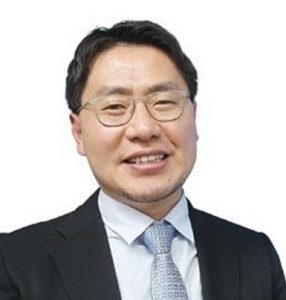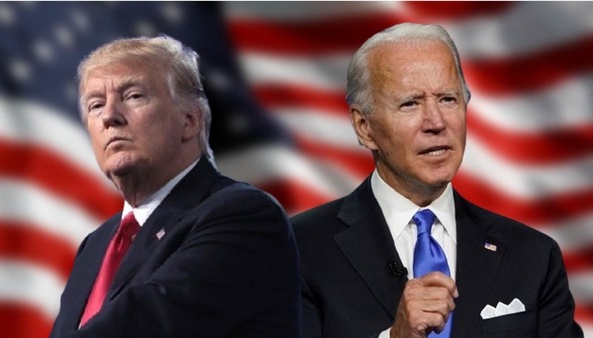
By Sunny Lee
The author is a senior fellow at the George H.W. Bush Foundation for U.S.-China Relations.
What you see and hear here is not representative of America,” remarked a Japanese scholar I encountered at Harvard. The state of Massachusetts, home to Boston where I reside, leans politically Democratic. Harvard University, nestled in this liberal enclave, carries historical ties to leftist ideologies. I learned from an acquaintance that in the 1970s, Harvard’s English department was renowned as a bastion of Maoism. While the ideological clash between the U.S. and China might seem surprising today, it was a matter of course back then. Quoting Mao Zedong in an English literature seminar was seen as a noble pursuit.
These insights from the Japanese scholar prompted me to reflect on my perception of America. Despite a decade of living here, I had never truly questioned the authenticity of what I witnessed and heard. I pondered whether I had simply accepted a superficial understanding as the definitive representation of America.
On a radio talk show, a voice confidently proclaimed, “I think people who support Trump are morally wrong,” echoing a sentiment shared by many. My neighbor, Veronica, proudly aligns herself with the Democrats, feeling a sense of superiority over states like Texas, which she views as steeped in lawlessness and cowboy culture. Surrounded by such perspectives, I found myself inclined to emotionally lean towards the Democratic camp. However, reality presented a different picture – the Democrats were losing ground, with polls favoring Republican Trump for a potential second term. “This is not normal,” echoed the sentiments of Americans around me.
A firsthand encounter with “not-normal America” occurred during a visit to rural Iowa last May. Amidst the mundane landscape, a sight caught my attention – a Korean national flag displayed prominently in a garden. Intrigued, I approached the homeowner, only to be confronted by another flag bearing Trump’s name. The juxtaposition of these symbols in rural America left me bewildered, pondering the unlikely alliance between an elderly Korean War veteran and Trump.
Returning to the America I once knew, I realized the profound shift in its political landscape since my days of study two decades ago. As the presidential election looms closer, a palpable sense of alienation and unease permeates the air. Attending a presidential study group comprised of former lawmakers, White House officials, academics, journalists, and pollsters, I witnessed firsthand the disillusionment with the current political climate. The upcoming election is poised to be the most contentious yet, with a prevailing sentiment of discontentment among both Democrats and Republicans.
Engaging with American opinion leaders only deepened my understanding of the complexities and diversity inherent in American society. The quest to unravel the essence of the “real America” extends far beyond the confines of the classroom, beckoning us to venture onto the winding roads of Iowa.





![California Electricity Costs to Rise $320 Under Trump Energy Bill, Analysis Finds U.S. President Donald Trump in the Oval Office at the White House in Washington, D.C., U.S., March 12, 2025. [REUTERS]](https://www.koreadailyus.com/wp-content/uploads/2025/05/0313-Trump-100x70.jpg)